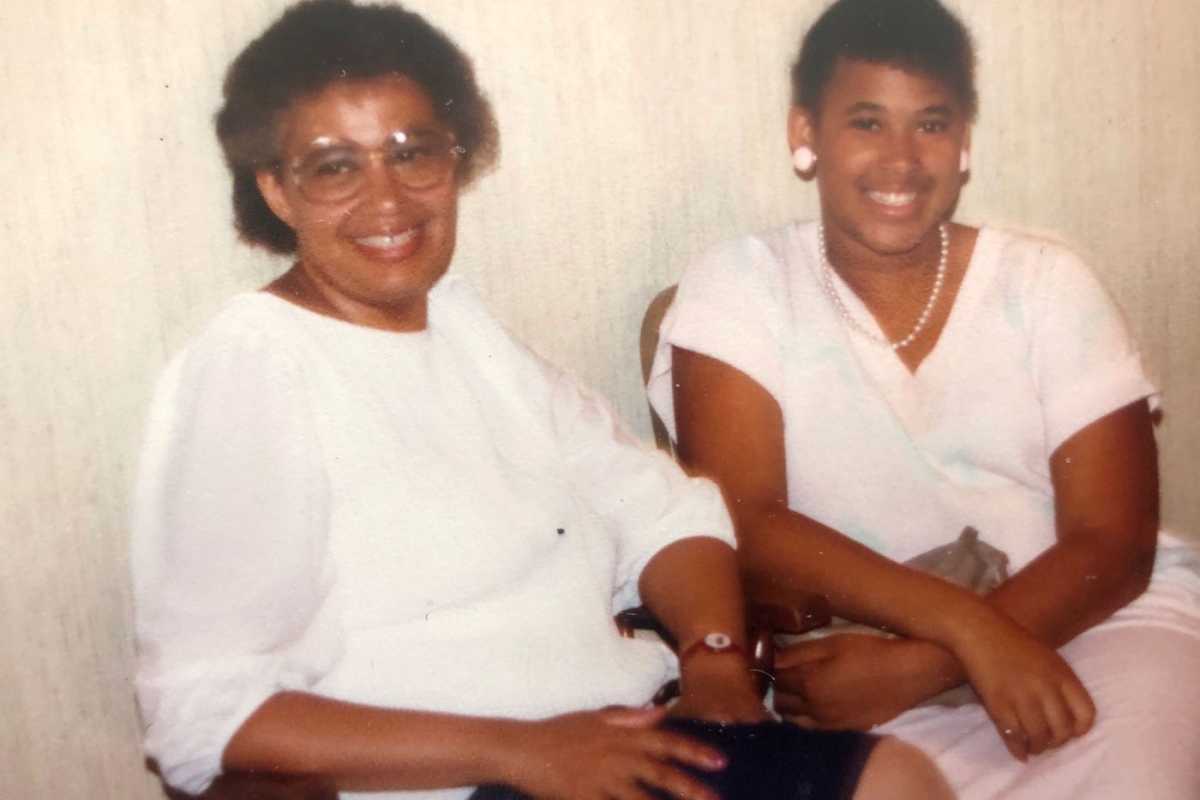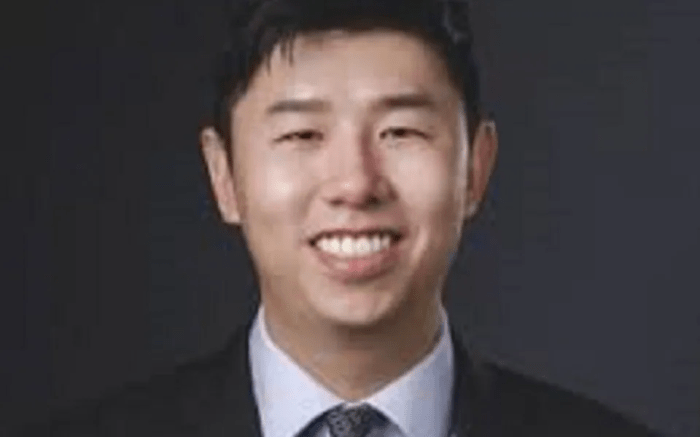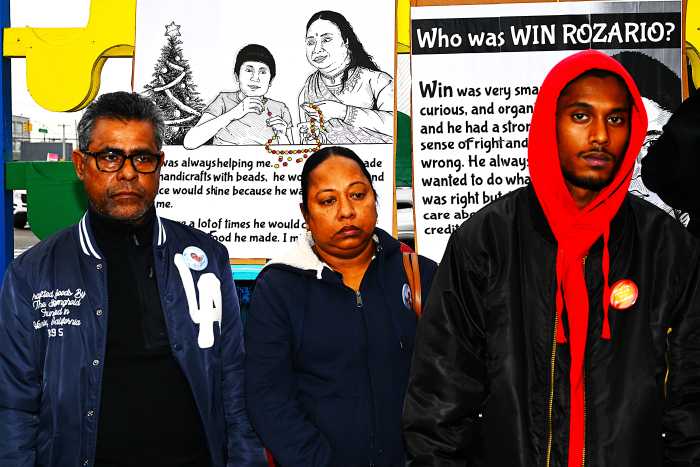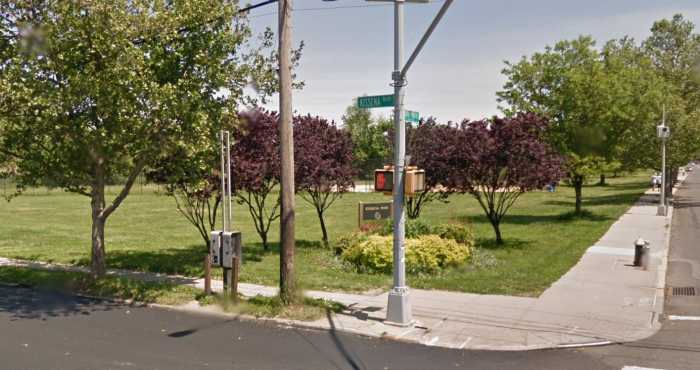BY VIRGINIA BREEN, THE CITY
This story was originally published on April 30, 2020, by THE CITY.
Courtney Boddie had completed the necessary paperwork to settle her mother’s estate when coronavirus measures halted most proceedings in Queens Surrogate Court.
“At first I figured, ‘Well, we already waited this long,’ so I didn’t really get too concerned,” said Boddie, 45, director of education and school engagement for the New Victory Theater on West 42 Street.
“But now I have been sitting on these papers for over five weeks and am in a holding pattern where I can’t deal with my mother’s estate and I’m incurring expenses with no relief in sight.”
Boddie’s situation is hardly unique: Thousands of New Yorkers who’ve lost family and friends amid the coronavirus pandemic are unable to access necessary funds or receive the legal authority to oversee their estates while the state’s Unified Court System has halted all but “essential” legal proceedings.
As of April 28, COVID-19 had claimed the lives of more than 17,000 city residents. On an average day in New York City — before the pandemic — about 145 people die, according to city Department of Health and Mental Hygiene statistics.
Coronavirus-related deaths reported in the city peaked on April 7 at 813.
The ripple effect of each of those deaths may extend the financial impact to an ever-widening circle of New Yorkers, advocates say.
“While each situation will be specific to the family involved, they may be paying co-op or condominium fees, storage fees, any number of fees that require access to estate funds,” said Maria Hunter, director of the public benefits unit for the nonprofit New York Legal Assistance Group, noting that estate settlements could take months or years “even before the shutdown.”
Hunter said her office had just received a letter from the state’s Unified Court System asking for input on prioritizing which court functions need to be restored.
“The courts are trying to figure out what issues are vital for our clients,” Hunter said. “Estate matters are absolutely essential.”
‘Be Patient’
When a person with a will dies, the named executor handles the estate. When a person dies without a will, the court appoints an administrator, generally the nearest relative.
The estate administrator’s duties include gathering an estate’s assets and debts, requesting an IRS identification number, and opening an account for the estate. They must also pay off the deceased’s debt, funeral expenses, taxes due on the estate, and then, finally, distribute any remainder of the assets to the surviving family.

The state’s Unified Courts System, however, currently does not consider estate administration as “essential.”
Lucian Chalfen, a spokesperson for the courts, told THE CITY that emergency matters being handled virtually statewide include criminal or family court proceedings such as arraignments, orders of protection, writs, child-protective and family-offense cases.
“Just like in all other aspects of the pandemic, people have to be patient,” he said. “We are in constant communication with all of the various legal practices as the current situation continues to evolve and are aware of many of their concerns.”
In an April 27 videotaped statement on the state courts’ website, Chief Judge Janet DiFiore noted that 168 judges and court staff had tested positive for COVID-19, and that some had not survived.
“More than half of them are members of our uniformed forces, underscoring the risks they face, and the courage they show, in reporting to work every day to keep our courts open,” DiFiore said. “Tragically, several of our beloved judges and professional staff have passed away from complications caused by the virus.”
DiFiore noted that the courts were aware of the need to expand virtual access and had created a group, headed by Judge Edwina Mendelson, deputy chief administrative judge for justice initiatives, to investigate solutions.
“And they will be reporting back with their recommendations shortly,” she said, without offering a specific date.
But each day of delayed court access adds to the financial anxiety of Boddie and those in similar situations.
Death Certificate Errors
Boddie’s ordeal began in December, when her mother, Roselynn Boddie, a resident of Queens Village, died at age 81 in a Nassau County hospital. When she received the death certificate, she noticed a number of errors, including the wrong Social Security number.
“I had to get that corrected and that ended up taking 10 weeks,” she said.
By the time the amended certificate was issued, the city was already being hit by the coronavirus. On March 16, the courts halted all but essential services.
The Surrogate’s Court, which oversees the probate of wills and the administration of estates, has been shuttered for all but emergency cases. Boddie could not file the paperwork to become administrator of her mother’s estate.
“In the meantime, I’m having to pay her mortgage and other bills out of pocket,” said Boddie, who lives in Brooklyn and has been working 40-plus hours a week remotely.
“I’m kind of in the middle class, but I can’t guarantee that I’ll have a job if this continues,” she said. “Will I face a choice then between paying her estate costs and my own expenses?
“On top of the grief and the loss, the inability to move forward or to control anything just compounds the issue,” she added. “Where are the services to support people through this? Bureaucracy dictates certain things get processed a certain way, but like, who even has a scanner at home? Systems need to change.”
RESOURCES:
• New York Legal Assistance Group urges anyone with pressing legal issues to call its COVID-19 Legal Resources Hotline at (929) 356-9582.
• LawHelpNY.org, an online tool for helping low-income New Yorkers, also offers a coronavirus resources page.
• The City Bar Justice Center’s Planning & Estates Law Project (PELP), meanwhile, provides free, remote legal assistance to New York City front-line health care workers in preparing advance-planning documents including wills, powers of attorney, designations of standby guardians and health care proxies.
This story was originally published by THE CITY, an independent, nonprofit news organization dedicated to hard-hitting reporting that serves the people of New York.




































